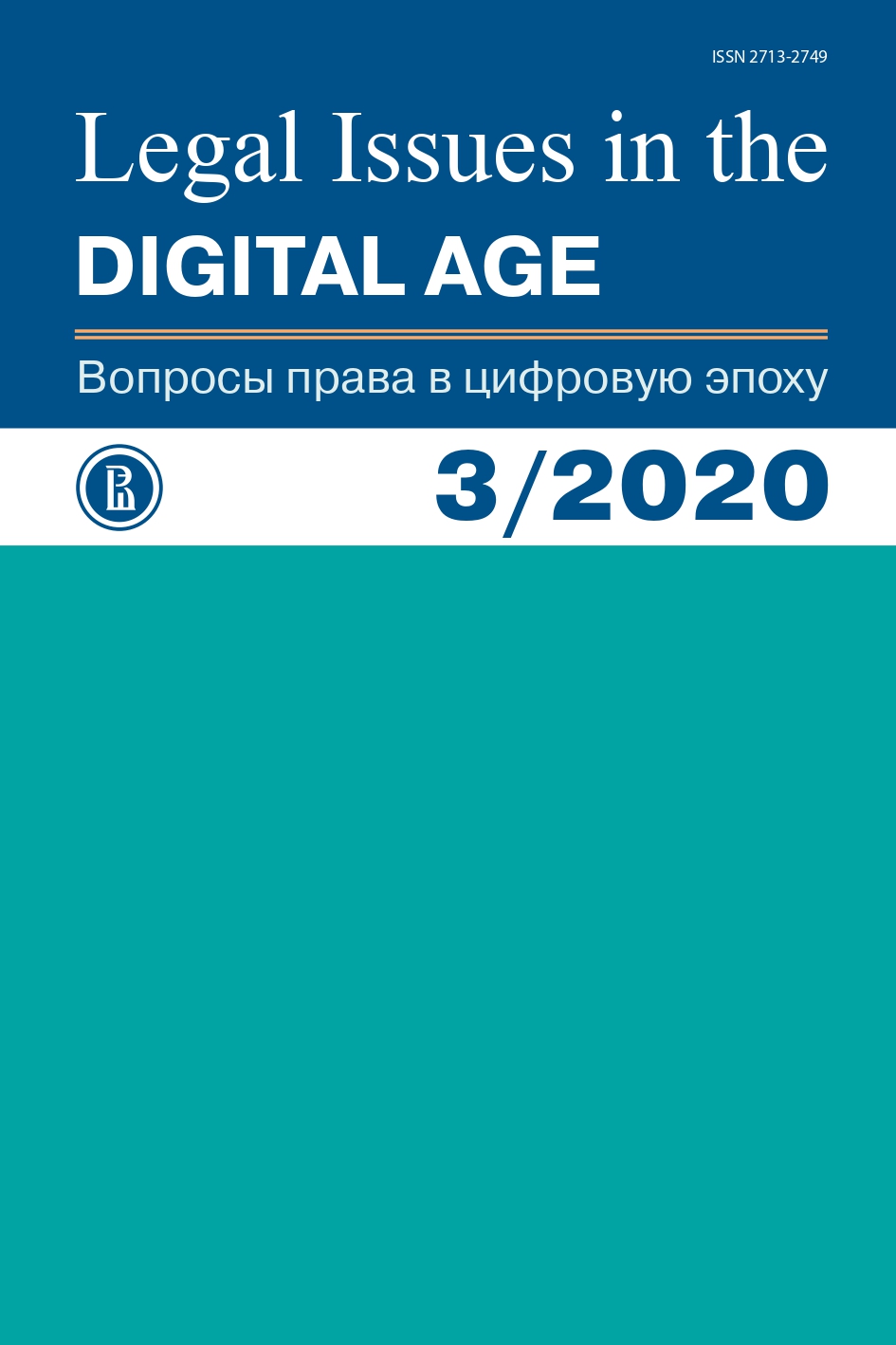Crowd Arbitration: Blockchain Dispute Resolution
Abstract
Internet technology makes digital value transactions between anonymous individuals possible, but leaves unanswered the question of how to resolve disputes between unidentified parties. Blockchain dispute resolution platforms provide a response to this problem. In the social dispute resolution systems for blockchain currently in use, pseudo anonymous jurors can resolve disputes between pseudo anonymous parties. This paper presents Kleros as the most illustrative blockchain dispute resolution platform BDRP. To describe the features of the Kleros dispute resolution platform and the qualification of jurors, this research employs an online dispute resolution survey of both the jurors and stakeholders of the Kleros platform. This study raises important questions about key elements of procedural justice in resolution platforms for blockchain disputes. The research underlines the pros and cons of dispute resolution for crowdsourced blockchain and contributes to the further development of online dispute resolution systems. It tests the wisdom of the crowd as the core attribute of the resolution process in crowdsource disputes. Crowdsource mass dispute resolution, coupled with cooperative jurors and blockchain technology, could ensure greater effectiveness and fairness of the dispute resolution process, especially the adjudication of online small claims disputes.
Downloads
References
Axelrod R., Hamilton W. (1981) The evolution of cooperation. Science, vol. 211, pp. 1390–1396.
Barrett J. (2004) History of alternative dispute resolution: The story of a political, social, and cultural movement. San Francisco: Wiley, p. 320.
Boddington P. (2017) Towards a code of ethics for artificial intelligence. Cham: Springer Verlag, p. 124.
Devine D. (1999) Effects of cognitive ability, task knowledge, information sharing, and conflict on group decision-making effectiveness. Small Group Research, no 30, pp. 608–634.
Habuka H., Rule C. (2017) The Promise and Potential of Online Dispute Resolution in Japan. Available at: https://www.elevenjournals.com/tijdschrift/ijodr/2017/2/IJODR_2352-5002_2017_004_002_017.pdf (accessed: 21.09.2019)
Hörnle J. (2009) Cross-border internet dispute resolution. Cambridge: Cambridge University Press, p. 286.
Kolb B. (2013) Marketing for Cultural Organizations: New Strategies for Attract-ing Audiences.N.Y.: Routledge, p.190.
Lawrence R. et al (1997) Procedural justice and public involvement in natural resource decision-making. Society and Natural Resources, no 10, pp. 577–589.
Lee C. (2016). The search for peer firms: When do crowds provide wisdom? Harvard Business School Working Paper, no 15, pp. 14–46.
Lind A. (1988) The social psychology of procedural justice. N.Y.: Springer Science & Business Media, p. 267.
Lu Z., Xinyu Z. (2017) Study on the Online Dispute Resolution System in China. Advances in Engineering Research, vol. 129, pp. 1–8.
Luppi B. (2013) Jury size and the hung-jury paradox. Journal of Legal Studies, no 42, pp. 399–422.
Mansbridge J. (ed.) (1990) Beyondself-interest. Chicago: Chicago University Press, p. 416.
Raafat R. et al (2009) Herding in humans. Trends in cognitive sciences, vol. 13, pp. 420–428.
Rawls J. (2009) A theory of justice. Cambridge: Harvard University Press, pp. 4, 42.
Schelling T. (1980) Thestrategyofconflict. Cambridge: Harvard University Press, pp. 57, 73, 309.
Sugden R. (1995) A theory of focal points. The Economic Journal, no 105, pp. 533–550.
Surowiecki J. (2004) The wisdom of crowds: Why the many are smarter than the few and how collective wisdom shapes business. In: Economies, Societies and Nations. N.Y.: Doubleday, p. 296.
Tideman N. (2017) Collective decisions and voting: the potential for public choice. Abington-on-Thames: Routledge, p. 360.
Thibaut J. (1975) Procedural justice: A psychological analysis. N.Y.: Lawrence Erlbaum Inc., p. 160.
Tyler T. (2000) Social justice: Outcome and procedure. International journal of psychology, no 35, pp. 117–125.
Tyler T. (2003) The group engagement model: Procedural justice, social identity, and cooperative behavior. Personality and social psychology review, no 7, pp. 349–361.
Authors who publish with this journal agree to the Copyright Notice.



